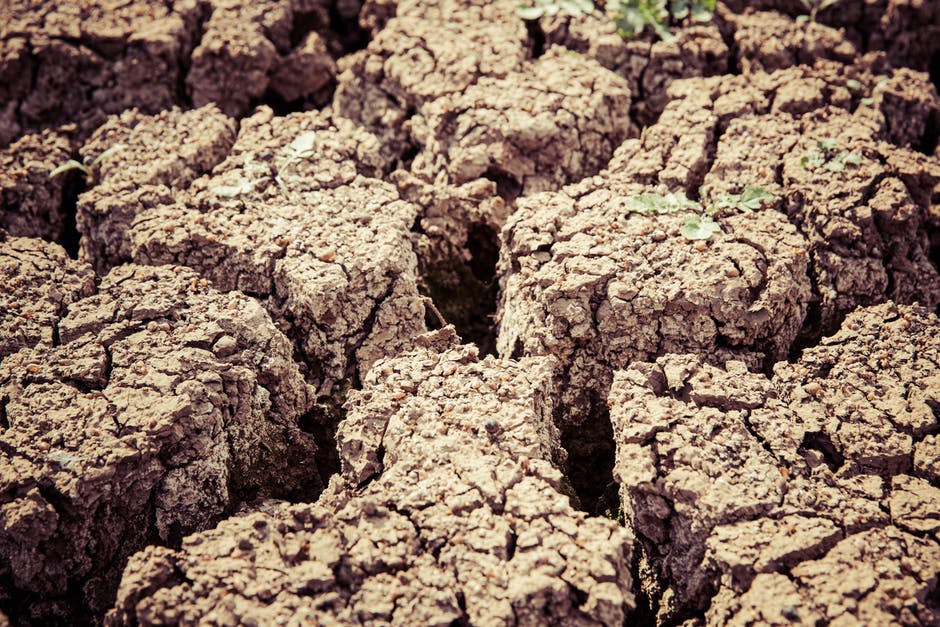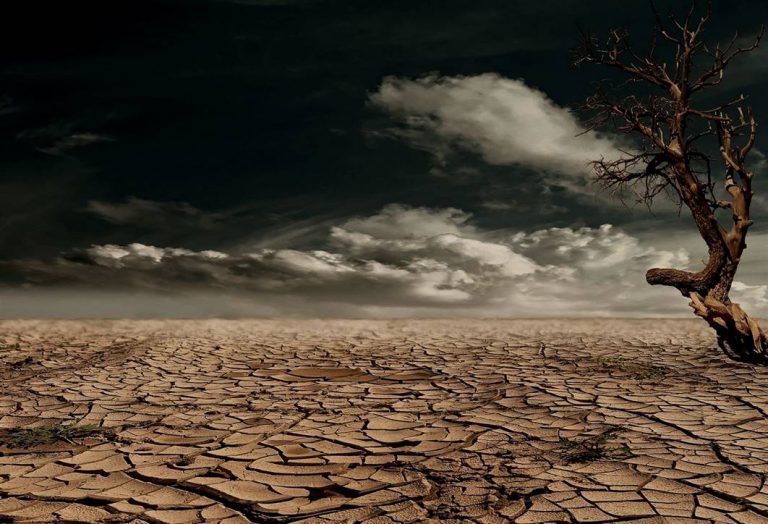
Desertification can be defined as the spreading of deserts (aridity) to non desert areas caused mainly by human activities. Desertification is a type of land degradation which turns a fertile area into a barren wasteland. Most desertification is occurring around the fringes of deserts and already dried up lands not originally conceived as deserts e.g the Sahel around the fringes of the Sahara and Gobi desert is rapidly extending into China caused by desertification.
Causes of Desertification
Deforestation
Deforestation plays a pivotal role in desertification. Cutting down trees is caused or influenced by:
Overgrazing
The search for greener pastures results in a decrease in vegetation. Vegetation is reused over again without given time to replenish. This alone result in rapid desertification.
Over cultivation
Again over cultivation means more vegetation slashing for farming land. Poor farming methods such as the over utilisation of fertilizers leaves the land infertile and is then abandoned.
Excess water utilization
Excess taping of groundwater or extracting other water sources such as oasis. springs or lakes starves vegetation and leads to or exacerbates desertification.
Mining
Mining such as opencast requires the removal of vegetation without replacement which can result to or worsens desertification
Veld Fires
Uncontrolled fires destroys the vegetation and or soil fertility which exacerbate the desertification process.
Indirect Cause
Humans can indirectly cause desertification by:
Gobal warming
Increased greenhouse gases from industries traps more outgoing radiation and causes high temperatures which makes it impossible for vegetation or water survival.
Acid rain
Acid rain, again caused by industrial gases, kills or distorts vegetation, soil and water leaving the land barren.
Natural Causes
Climate change
Long term climate change or short term climate changes such as the El Nino effect have drastic and severe impacts on the land. This phenomenon affects the entire globe especially the Southhern Hemisphere part making water very scarce and vegetation growth impossible. These events are beyond human control. These events usually cause the over exploitation of land resources which again exacerbates desertification.
Effects of Desertification
If unchecked, desertification can have drastic effects on land productivity and food supply. When land becomes barren or a desert, plant survival is impossible and food supply is reduced. It is the poor, who mainly depend on land for survival, to suffer the most.
Again without water, animals and livestock survival becomes impossible.
Millions of dollars are spent trying to find ways of production in the barren lands and helping the rural people who are dependent on land (subsistence farmers) for survival.
In addition, soil erosion prevails when there is no vegetation to hold the soil together. The soil can find its way to rivers and chokes them with sediments leading to floods.
With nowhere else to go, people often crowd limited fertile lands where they can again cause desertification.
Mitigation and Prevention of Desertification
While humans are responsible for desertification, they’re often the ones who can combat it.
Afforestation
Afforestation programs helps to combat and prevent desertification effectively. Replanting trees means soil erosion will be reduced and land fertility is retained. Forested lands tend to receive good rainfalls and maintains soil moisture.
Reduce overgrazing & overstocking of livestock
Letting the land revive before being grazed on again retains fertility. If the land is grazed over and over again without replenishing then desertification is bound to occur. In addition, increasing stock numbers in one area is not ideal.
Avoid poor farming methods
Excess use of fertilizers and excess irrigation can result in salts within the soil affecting its fertility. These soils are often abandoned and their fertility hardly revives. In addition, avoid overcultivation of land is it can result in soil exhaustion then desertification.
Good farming methods such as crop rotation can ensure that the soil is given time to replenish before being used again. Other good farming practices:
- planting leguminous crops such as beans
- allow fallow periods
- use windbreaks to reduce plant damage by wind
- terracing steep slopes to reduce excess run-off
- avoid excess irrigation
- reduce pesticides and herbicides as it can damage other good plants.
Distributing land equally
Ensuring that people (especially rural dwellers) have adequate land to carry out their activities minimizes the chances of desertification. Depriving people of land results in overcrowded lands that will quickly lose fertility and therefore desertification.
Reducing greenhouse gases
By significantly reducing carbon emissions, desertification can be reduced. This can be done by imposing carbon tax, using clean energy sources such as solar and using zeolites to absorb carbon dioxide in industries. Read more on reducing greenhouse gas emissions
